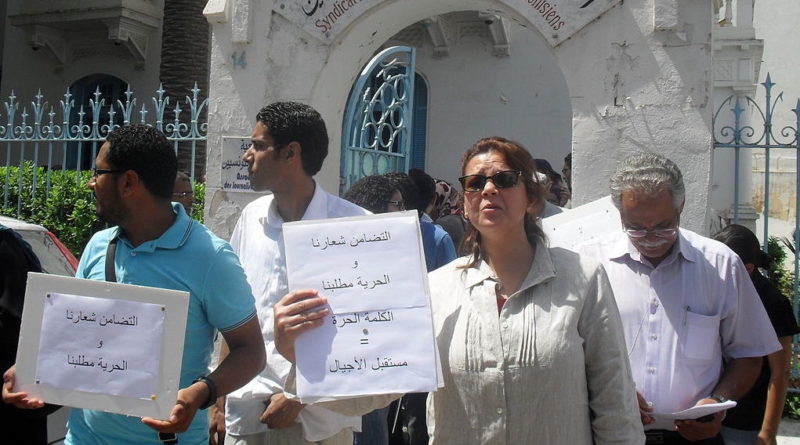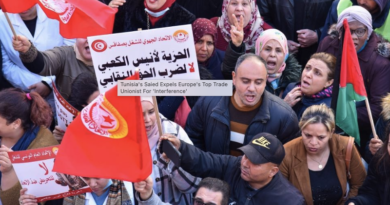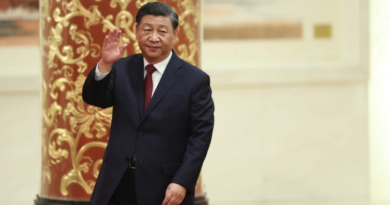Tunisia cracks down on independent media
Tunisia under the rule of President Saied is increasing its crackdown on free speech. The media’s landscape is facing mounting challenges as the government intensifies its clampdown on dissenting voices. Radio Mosaique, the country’s most popular independent radio station, revealed that two of its top broadcasters, Haythem El Mekki and Elyess Gharbi, known for their criticism of President Kais Saied, have been summoned by the police for questioning. This move comes amidst concerns of an escalating campaign against the media.
The police investigation into El Mekki and Gharbi is reportedly linked to their journalistic content, raising alarm bells among activists and journalists alike. El Mekki, who hosts a daily show on Radio Mosaique, has been openly critical of President Saied’s policies. Recently, he expressed apprehension about the country’s methods of recruiting police after a shocking attack on a Jewish synagogue, in which a National Guard member killed two visitors and three policemen. Such critical voices have found themselves in the crosshairs of the government’s crackdown.
This year, the Tunisian government has taken harsh measures against prominent opposition leaders and critics, including the arrest of Nourredine Boutar, the head of Radio Mosaique. In a display of defiance against the restrictions on freedoms and trials targeting journalists and bloggers, dozens of activists and journalists took to the streets in protest.
Meanwhile, another incident underscored the growing suppression of freedom of expression. Two students, Youssef Chelbi and Dhia Nsir, were arrested after sharing a satirical song on TikTok and Facebook, which criticized the police’s treatment of detainees and a controversial drugs law. This arrest drew sharp criticism from rights activists and bloggers, who argued that Tunisia was becoming a large prison and fundamental freedoms were under siege.
Last week, the main opposition leader Rashed Ghannouchi was sentenced to 1 year in prison. Tunisia is grappling with debt, inflation, and unemployment, leading some citizens to attempt migration to Europe. The country’s negotiations with the International Monetary Fund for a loan of nearly $2 billion have stalled, raising concerns within the European Union.



